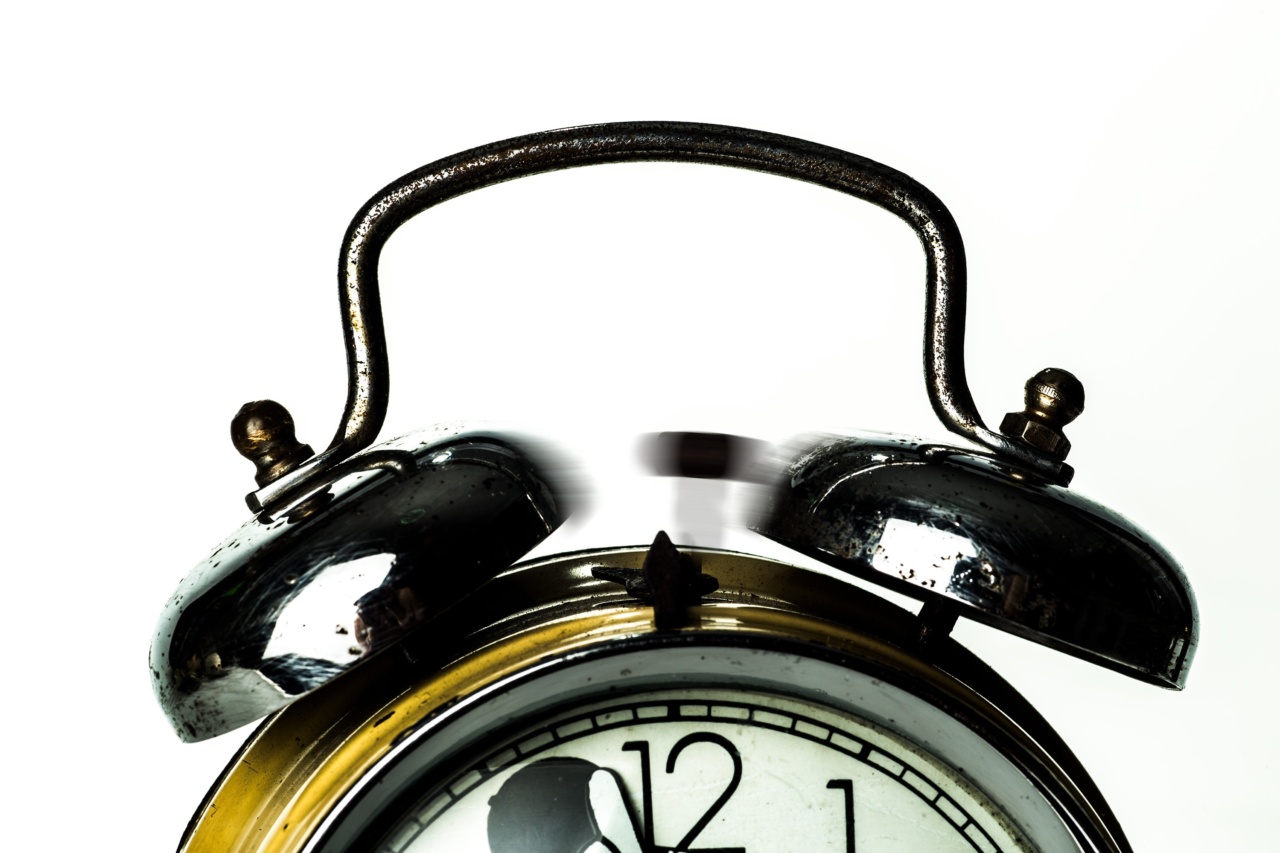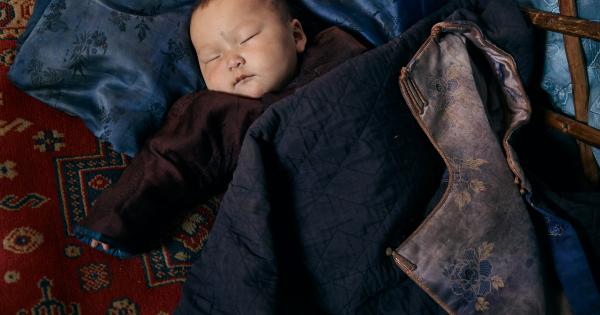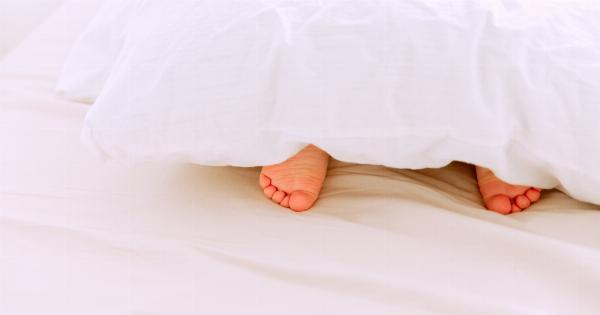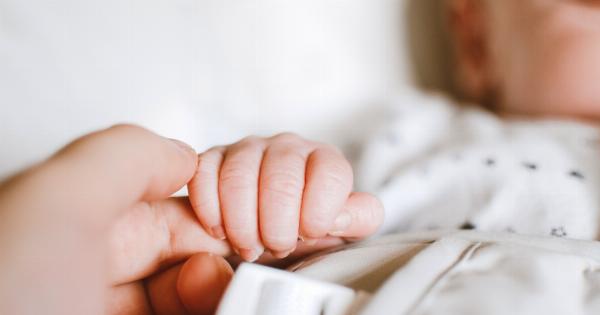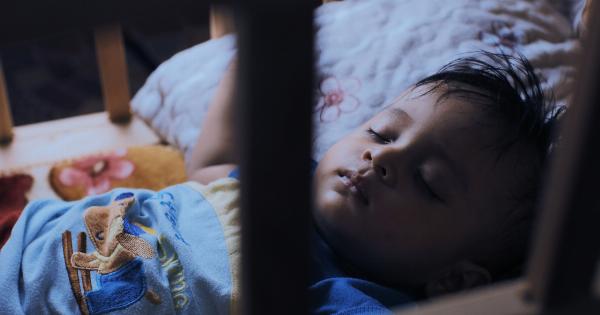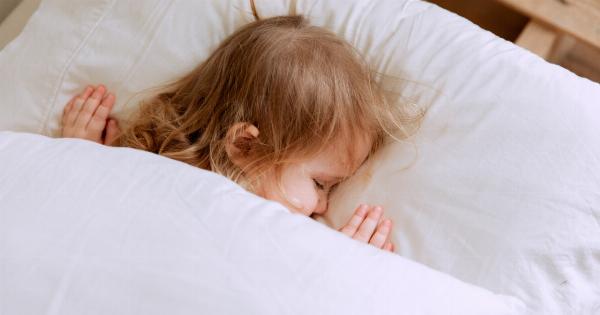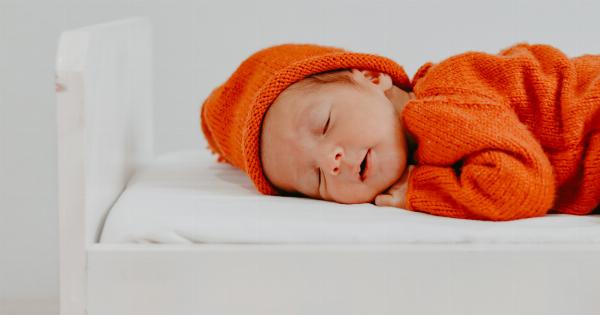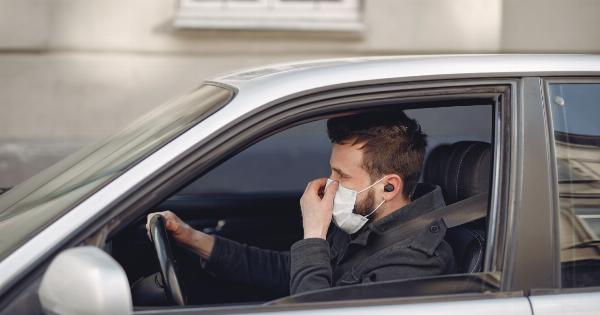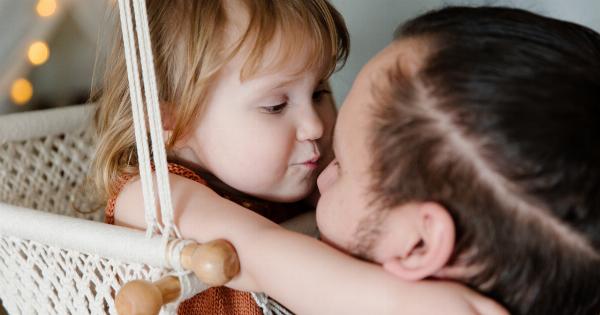Babies spend a significant amount of their early lives sleeping. It is during these crucial hours of slumber that their bodies and brains grow, develop, and recharge. Sleep plays a vital role in a baby’s overall health and well-being.
As a parent or caregiver, it is natural to wonder how many hours of sleep your little one requires. In this article, we will explore the recommended sleep durations for babies at different ages.
Newborns (0-3 months)
Newborn babies have an erratic sleep pattern, often sleeping as much as 16-17 hours a day. However, these sleep periods are typically short, ranging from just a few minutes to a few hours.
At this age, babies have tiny stomachs and need to feed every few hours, which disrupts their sleep. It is normal for newborns to wake up frequently during the night.
Infants (4-11 months)
As babies grow, their sleep patterns gradually begin to change. By the time they reach four months, most infants start developing a more structured sleep routine.
They tend to sleep for longer stretches at night, with some waking for feedings or diaper changes. The total sleep duration for infants in this age group is around 12-16 hours a day.
1-2 Years
Between the ages of one and two years, most children transition from multiple naps to a single nap during the day. They typically sleep for about 11-14 hours in total, with the majority of this time spent during the night.
Establishing a consistent bedtime routine can help toddlers wind down and prepare for sleep.
2-3 Years
By the time children reach two years of age, their total sleep requirement decreases slightly. Most toddlers need 10-13 hours of sleep per day, including a nap during the day.
It is essential to maintain a consistent sleep schedule to ensure they are well-rested and meet their developmental needs.
Preschoolers (3-5 years)
Preschoolers require an average of 10-12 hours of sleep, usually without naps during the day. However, individual sleep needs may vary, and some children may still benefit from a short nap.
Consistency in bedtime and wake times remains essential to promote healthy sleep patterns.
School-Age Children (6-12 years)
As children enter elementary school, their sleep requirements stabilize further. School-age children typically need 9-12 hours of sleep per night to support their growth and development.
With increasing school demands and extracurricular activities, it is crucial to establish a bedtime routine and prioritize adequate sleep.
Teenagers (13-18 years)
During adolescence, a period of significant physical and emotional changes, teenagers still need a substantial amount of sleep. Most experts recommend 8-10 hours of sleep per night for optimal functioning.
However, various factors like homework, social activities, and electronic device usage can interfere with teenagers’ sleep patterns.
Impact of Adequate Sleep on Babies
Getting enough sleep is crucial for babies’ healthy growth and development. Here are a few reasons why sufficient sleep is essential:.
1. Physical Growth:
Sleep directly impacts the secretion of growth hormones, which are vital for a baby’s physical growth and development. Lack of sleep can disrupt this process, potentially affecting a baby’s growth rate.
2. Brain Development:
Sleep plays a critical role in brain development and cognitive functioning. During sleep, the brain processes information and forms connections between nerve cells, aiding memory, learning, and overall brain development.
3. Emotional Well-being:
Adequate sleep contributes to a baby’s emotional well-being, helping regulate mood and behavior. Sleep deprivation may lead to increased irritability, tantrums, and difficulty managing emotions.
4. Immune System Functioning:
Sleep is essential for a healthy immune system. A well-rested body can fight off infections and illnesses more effectively than a sleep-deprived one. Sufficient sleep also promotes faster recovery from illnesses.
5. Overall Health and Safety:
Good sleep habits established in infancy can lead to a lifetime of better sleep. Sufficient sleep reduces the risk of obesity, diabetes, cardiovascular diseases, and other health issues.
It also enhances alertness and reduces accidents or injuries caused by drowsiness.
Conclusion
Understanding how many hours of sleep babies require at different stages of their young lives is vital for their growth, development, and overall well-being.
While the specific sleep needs may vary for each baby, establishing a consistent sleep routine and creating a sleep-friendly environment are crucial steps that parents can take. Adequate sleep sets the foundation for a healthier, happier, and more flourishing future.
